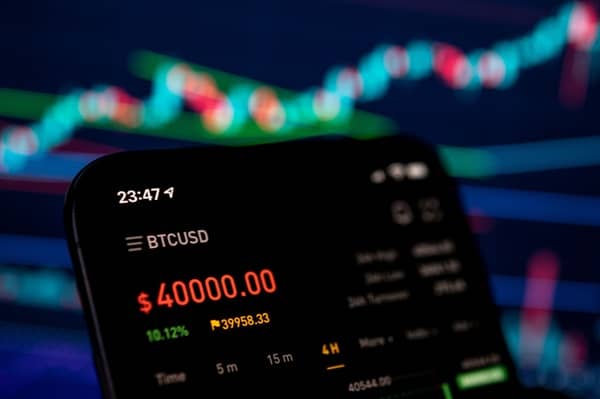Bussiness
DAX gains at opening – London Business News | Londonlovesbusiness.com

The DAX index was able to record gains that reached 0.17% after opening today’s session and touching the level of 18527 before returning to reverse and record losses.
These gains come after it had recorded its lowest level in more than twenty days yesterday.
Today’s German stock market movements come despite weaker than expected data for retail sales in April and their contraction faster than expected, which may raise concerns again about the future of domestic demand and consumer sentiment, in addition to the fastest rise in import prices since last September.
These moves also come ahead of the announcement of preliminary inflation data in the Eurozone for May and the reading of the US Federal Reserve’s preferred indicator of inflation, the Core Personal Consumption Expenditure (Core PCE) Price Index.
Retail sales contracted by 1.2% on a monthly basis in April, which was worse than expected when it contracted by only 0.2%. On an annual basis, this contraction slowed to 0.6% from 1.9%.
Import price growth also accelerated by 0.7% in April on a monthly basis, representing the fastest pace of growth since September, which was higher than expected at 0.5%.
While I do not think that this contraction in retail sales necessarily means weak consumer sentiment or a decline in purchasing power, rather it is a weak willingness to buy, even with the lowest pessimism in two years, which was evident through expectations of high income and economic growth, as indicated by the GfK survey for the month of May earlier this week.
This weak willingness to buying comes with stubbornly high food and energy prices according to GfK as well as continued uncertainty about the future.
Therefore, the continued decline of inflation and the subsequent reduction in interest rates may release pent-up consumer demand, whose willingness to save has declined significantly over the past months. This would also strengthen the hypothesis of achieving a soft decline in inflation, which has become clear, while ruling out the possibility of being dragged into recession almost certainly, in light of the strength of the labor market and the strong purchasing power of the consumer.
While the stock market is still suffering from the pressure of rising bond yields, which this week recorded their highest levels this year, in continuation of the upward trend coinciding with the adjustment of expectations regarding the sustainable path of interest rates. The yield on ten-year German government bonds is at 2.657%, after touching 2.7% this week for the first time since last November.









